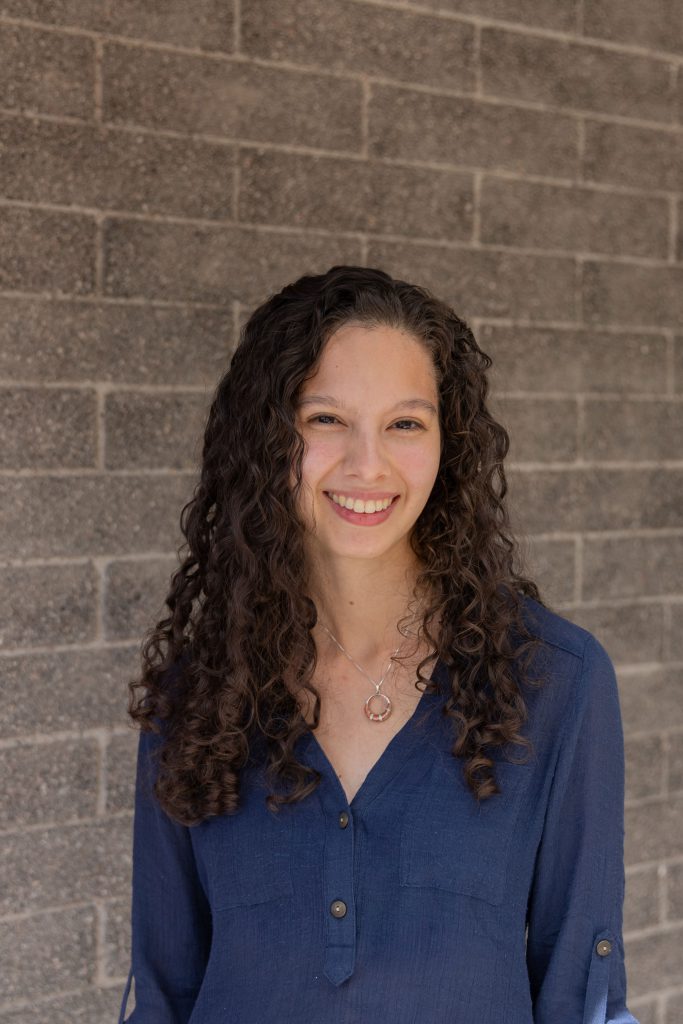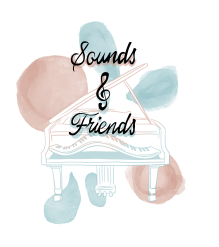Music lessons with space for growth and curiosity:
giving students rest from a results-oriented world
You’ve worked hard so your children can have all the opportunities you didn’t.
Now you’re working even harder: taking her to dance, him to karate…and now it’s time for piano.
You’re always thinking about the big picture.
So you know it’s not always about the grades, the trophies, the immediate results.
You don’t want them just to learn. You want them to learn HOW to learn.
You want them to be creative and confident – because you want them to be prepared to face the world.
And good heavens! you want them to have some space to be a kid.
It’s a busy world out there and it’s easy to lose family time in the hustle and bustle.
I’m so excited you’re here!

I’m Arielle Sukhram-Ziemer, pianist and piano teacher. I teach kids how to play piano and how to understand music – while simultaneously building their creativity and inner confidence and giving them a rest from the hustle of everyday life.
I have a Master of Music in Collaborative Piano from Arizona State University (which means that I’ve played with a lot of other musicians – singers, violinists, flutists, etc.) and I’ve been teaching for almost a decade.
what’s a piano lesson with me like?
Whole body involvement: How many times have you seen someone reduce an experience with a vague label like, “That was ok/meh/cool/so-so”? In order to get the fullest understanding, you have to engage and think deeply, not just shrug it off. Your child will move, listen, play, draw, and think…and instead of music sounding “ok,” or “good” or “bad,” they’ll realize that they can create sounds like a walk in the park…or the soundtrack to a horror movie…or elves…or the sounds of a fairground…
Variety: The more ways you experience something, the more thorough the learning is – and the more fun it is! No one likes repeating the same thing the same way. Your child will learn a song, change it, create a mashup, figure out another part to play with it…and more. They’ll have the musical tools to allow them to come into the studio ready to make music (regardless of whether or not they’ve touched a piano since their last class).
Community: Making music with friends takes it to a whole new level. Creating with others is deeply fulfilling – and requires careful listening, teamwork, and adjustment to make it work. Playing with other students every week will give your child constant sources of inspiration and practice in working with others.
Through it all, students will ask and answer lots of questions.
This is no piano-hack, quick-fix, “sound like a pro in 10 minutes” studio.
Music, like all learning, is a life-long journey – and knowing what questions to ask is the best way to learn how to keep learning.
“Arielle has been so patient and encouraging with our daughter. She has guided Kali through struggling, practicing, and successfully playing. We’ve actually seen and heard her playing improve since beginning lessons with Arielle, and piano has been a great outlet for her!“
— Christi P., Kali’s mom
the person behind the piano…
I’m the type of person who has to be reminded to rest. I tend to take on a few too many projects because I’m excited about all of them – even if I don’t have time for all of them! But this is actually a recent development.
I grew up homeschooled – so I…
- learned at my own pace
- curled up with a book in a tree
- baked when I felt like it
- practiced piano
- attended dance classes
- played soccer
- and hung out with my family.
My parents gave me the time to pursue my ambitions, but also plenty of space to rest. After extremely intense, stressful (and rich!) years getting my music degrees, I feel fortunate that I have these memories and values to fall back on.
Not everyone does – and as our culture’s pace continues to speed up, it seems like fewer and fewer kids have space to simply live, play, and process at their own pace.
After a long day of work and of consuming information, it’s refreshing to come home and create something – it’s a form of active resting.
My students may not grow up to be professional musicians, but I want them to experience music not just as something else to achieve, but also as a form of rest that they can fall back on.
I’ve experienced both the space to rest and the overfilled schedule. Now, I want to create that space for my students.
